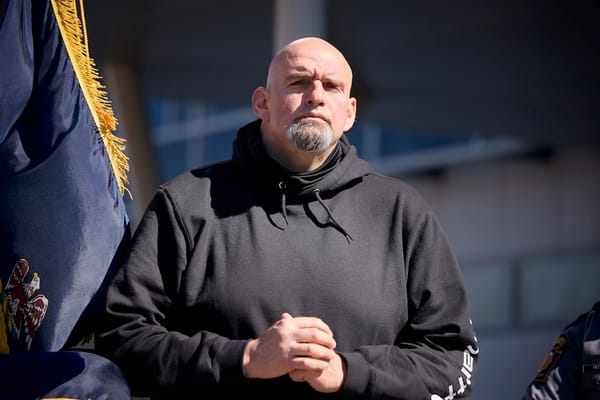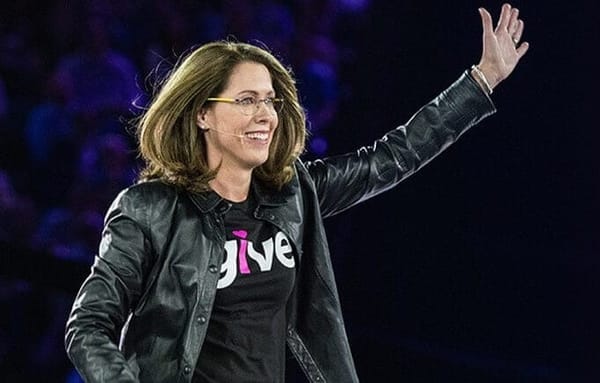Rosenworcel Calls on Congress for Expanded Robocaller Enforcement Protocols
The chairwoman seeks increased authority over autodialers and the ability for the FCC to take robocallers to court.

WASHINGTON, May 27, 2022 –Federal Communications Commission May 19, Chairwoman Jessica Rosenworcel called for legislation from Congress that would increase her agency’s authority to act against robocallers.
At the agency’s May 19 open meeting, the chairwoman asked for those increased powers to go after autodialers and for the FCC to be given the ability to take robocallers to court after they are fined by the agency – rather than delegating that responsibility to the Department of Justice.
The definition of autodialers is hotly debated, particularly following the Facebook, Inc. v. Duguid ruling of the Supreme Court in April 2021, and which designated autodialers as those robocallers operating from a device that has the capacity to either store a phone number using a random or sequential number generator or to produce a phone number using a random or sequential number generator.
A previously court-held definition of autodialers that others believe to be more accurate stated the only defining criterion for an autodialer is that it must have the capacity to “store numbers to be called” and “to dial such numbers automatically.”
This change in definition by the Supreme Court lessens the FCC’s authority to target autodialers, targeting which is also not provided for by the agency’s STIR/SHAKEN protocols which prevent robocallers from lying to phone owners via caller identification about the station the robocalls originate from.
Rather, the 1991 Telephone Consumer Protection Act governs regulation of autodialers and the court’s narrowing of actors it applies to decreases the FCC’s regulatory jurisdiction.
2019’s Telephone Robocall Abuse Criminal Enforcement and Deterrence (TRACED) Act further forms the FCC’s framework for enforcement against robocallers and autodialers.
Also at Thursday’s meeting, Rosenworcel said the commission would require gateway providers, the first U.S.-based provider of robocalls that originate internationally, to perform more authentication measures and certify FCC robocall mitigation plans, and highlighted a study which found that a large portion of robocalls come from abroad.
“We can make it more difficult for these illegal and unwanted calls to hit our networks, we will be much closer to winning our fight,” said Rosenworcel.
“By requiring gateway providers to provide more authentication and the SIP calls in the caller I.D. field.”
The commission adopted a further notice of proposed rulemaking seeking comments on non-internet protocol authentication methods.
Earlier Thursday, the commission announced new partnerships with nine state attorneys general to combat illegal robocalls, raising the number of states participating in the effort to 36.








